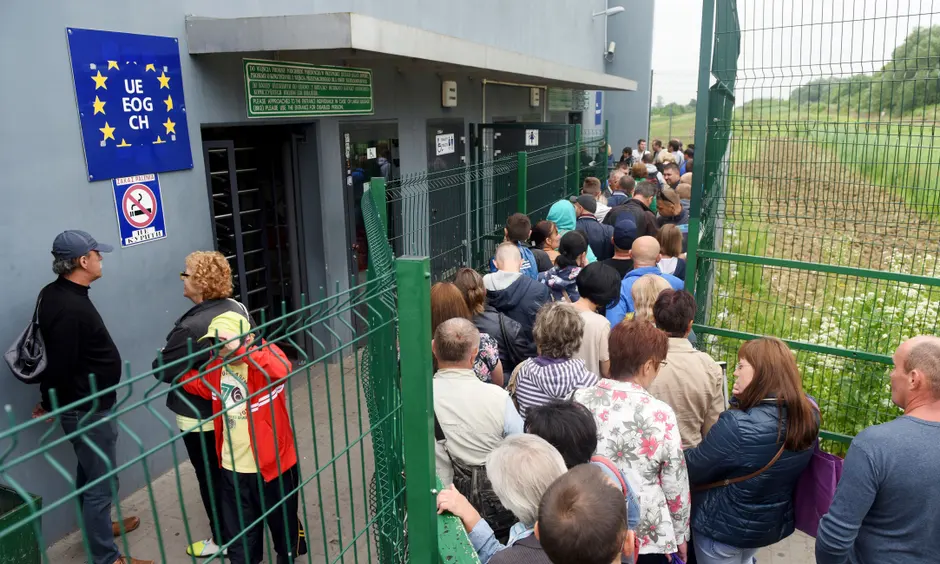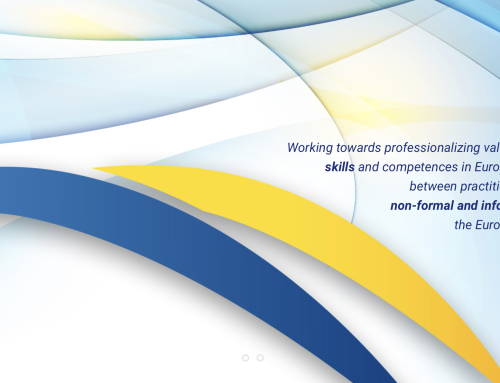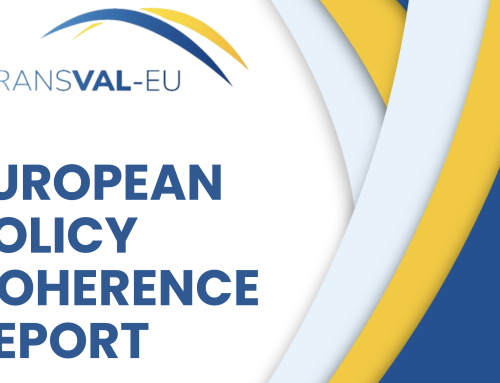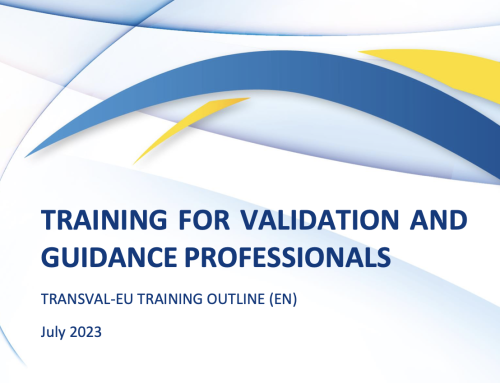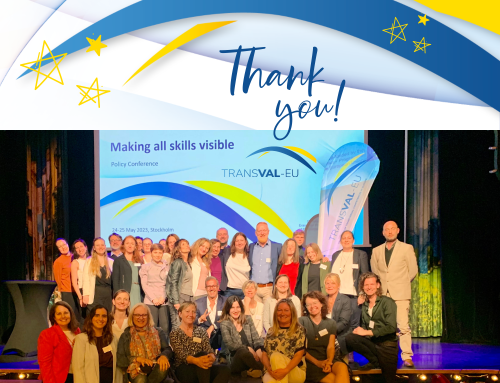Setting up the field trials among new European challenges
As of this month one of the most important phases of the TRANSVAL-EU project is in the works. The field trials that will span across five countries (Austria, Belgium, Italy, Lithuania and Poland) and 6 months (from July to December 2022), are being organized. The goal is simple: to test out the Curriculum and Toolkit developed for the guidance and validation practitioners who would like to incorporate transversal competences into their work. But as it usually is with seemingly simple tasks, their planning takes time and patience, and their implementation – careful consideration and data collection.
What has been the biggest challenge of the project from the beginning, similarly to other international initiatives, is how to create a distinct offer related to validating transversal competences for our end users, while leaving room for taking into account different contexts of the field trial countries and render the solutions developed feasible. The partnership is now analysing whether the training materials are complete and how much deviation from the Curriculum and Toolkit should be allowed without losing data comparability and in the end – the possibility of formulating clear recommendations on a European level.
In Poland, we are especially keen to test the compatibility of the solutions developed in the project to the national systems and mechanisms already in place. At the same time, we see a great need for innovative, even stand-alone initiatives. The unprecedented influx of refugees from Ukraine fleeing the war with Russia (approx. 3 mln entered the country as of April 27) is now an important trial for the whole Polish education system and system of support on the labor market. Never before were guidance and validation, especially in relation to transversal competences that can be applied in different fields, more important than now. We are seeing many people, especially women, some of them highly educated and skilled, resorting to finding jobs like cleaning and babysitting to stay afloat in uncertain times away from their home. Not that these kinds of jobs are not needed or worth a decent salary and legal provisions, but their prospects would be better if their diverse skills would be recognised and their choices – broadened. As the society scrambles to help, only systemic or project-based solutions with secure financing will prove effective in the long-term and shield Ukrainian immigrants from exploitation.
Having these challenges in mind, we are nearing a very important moment for the project, that is the upcoming European training planned to take place in Perugia on the 10-11th of May. It will be the first time elements of the Curriculum and Toolkit are implemented in practice. We are hoping to draw applicable conclusions from this event and translate them to the county-level field trials.
Iwona Gmaj
Aleksandra Wójcicka
Barbara Fijałkowska
Roksana Pierwieniecka
Educational Research Institute, Poland
